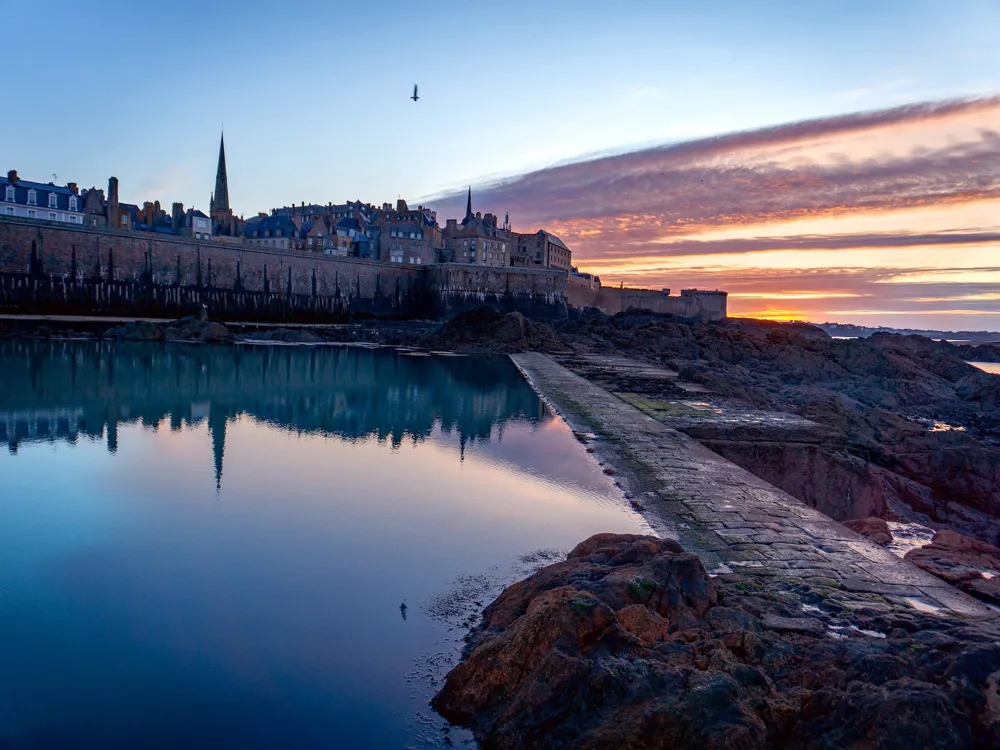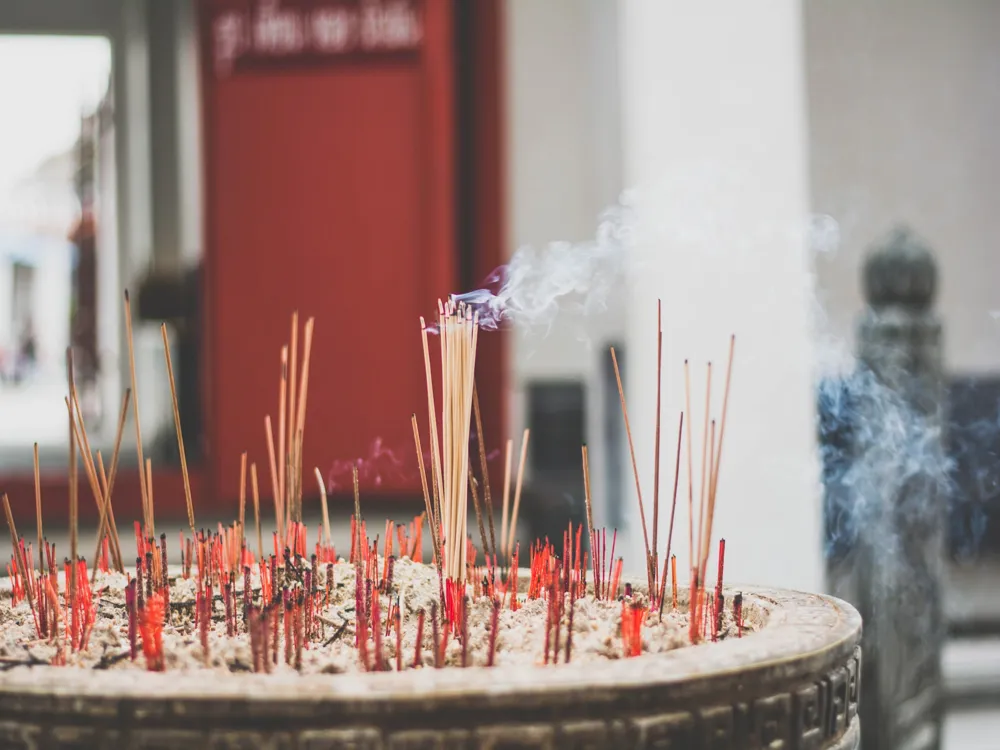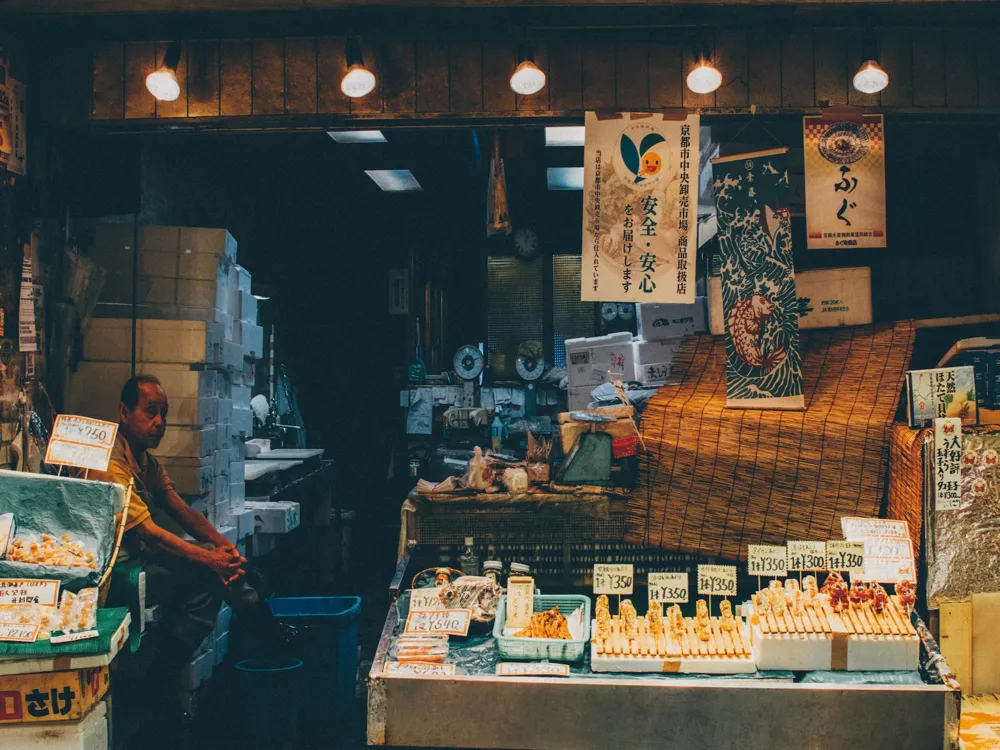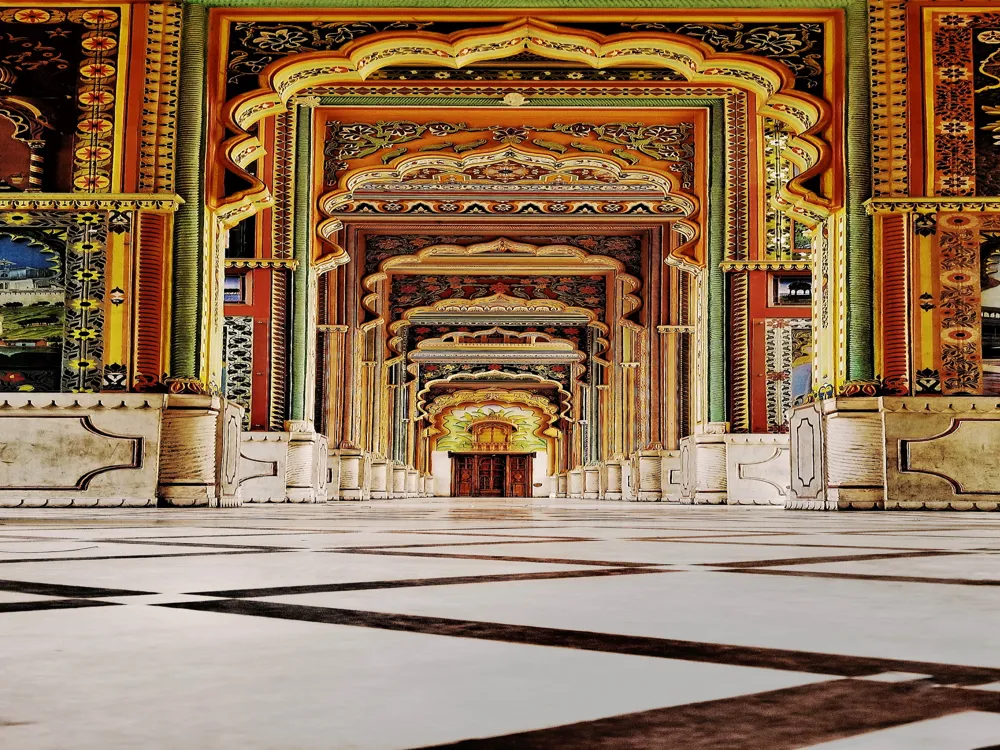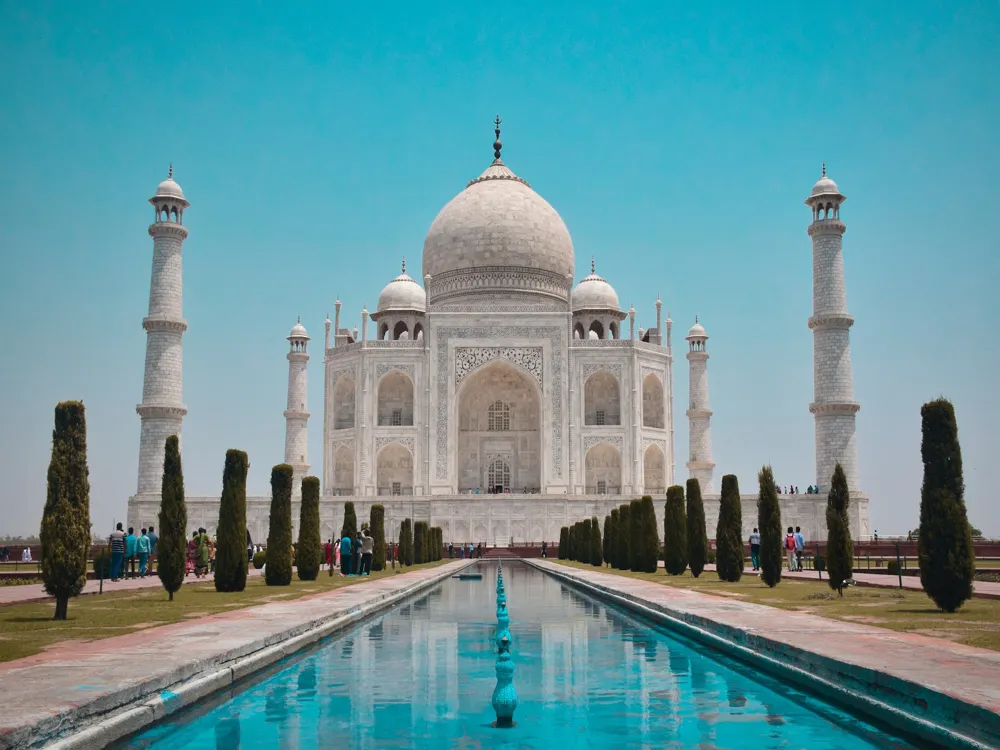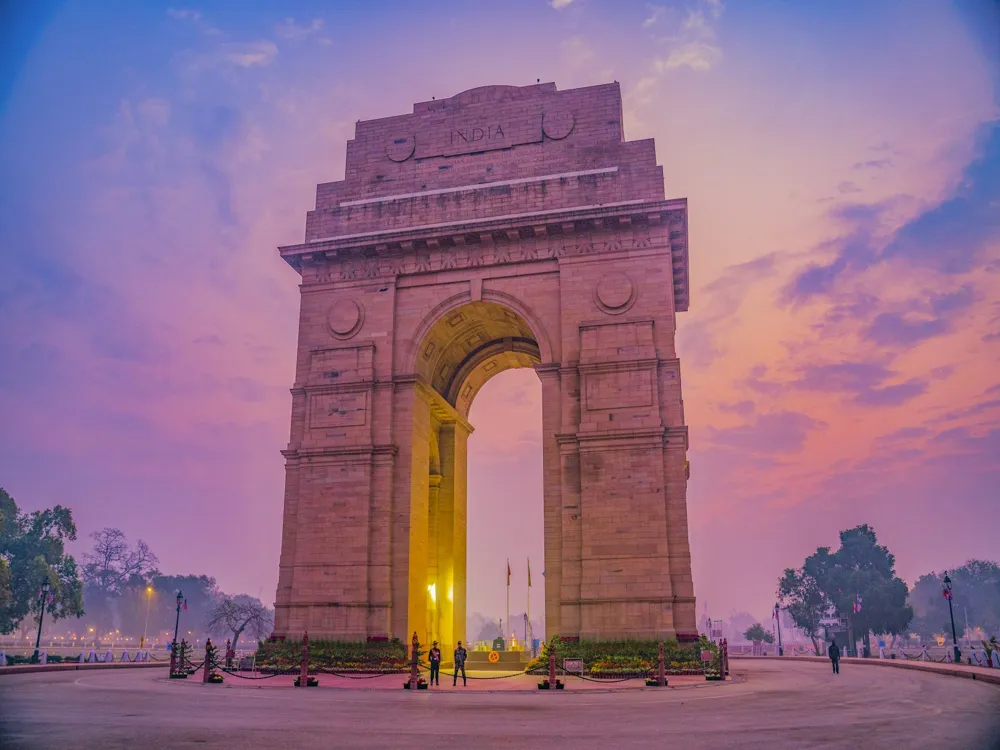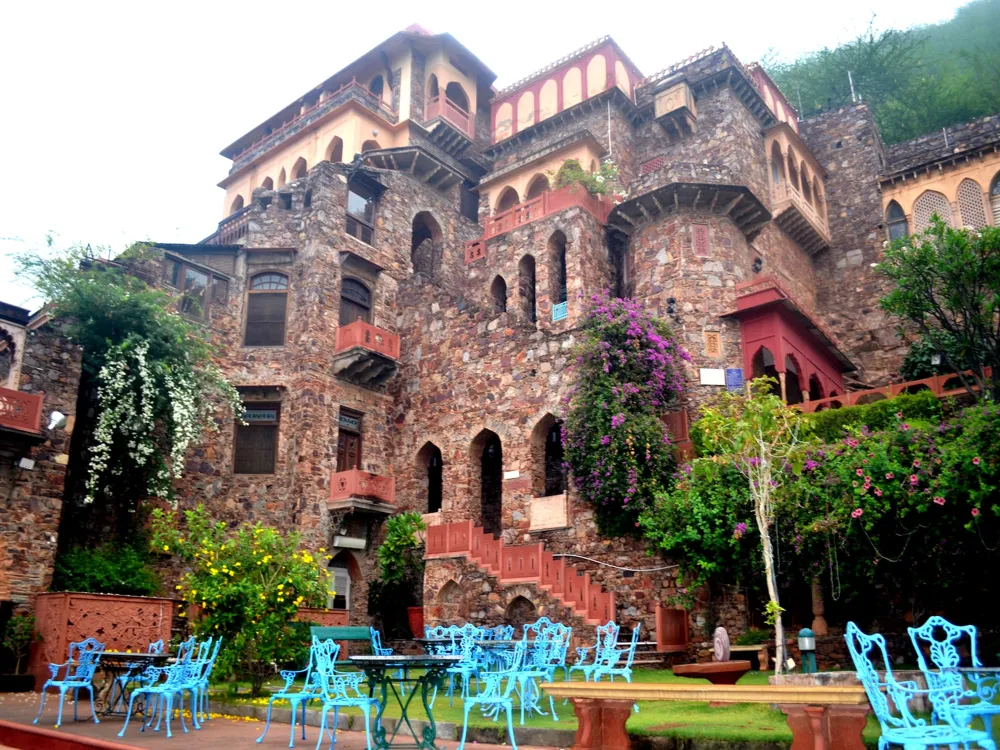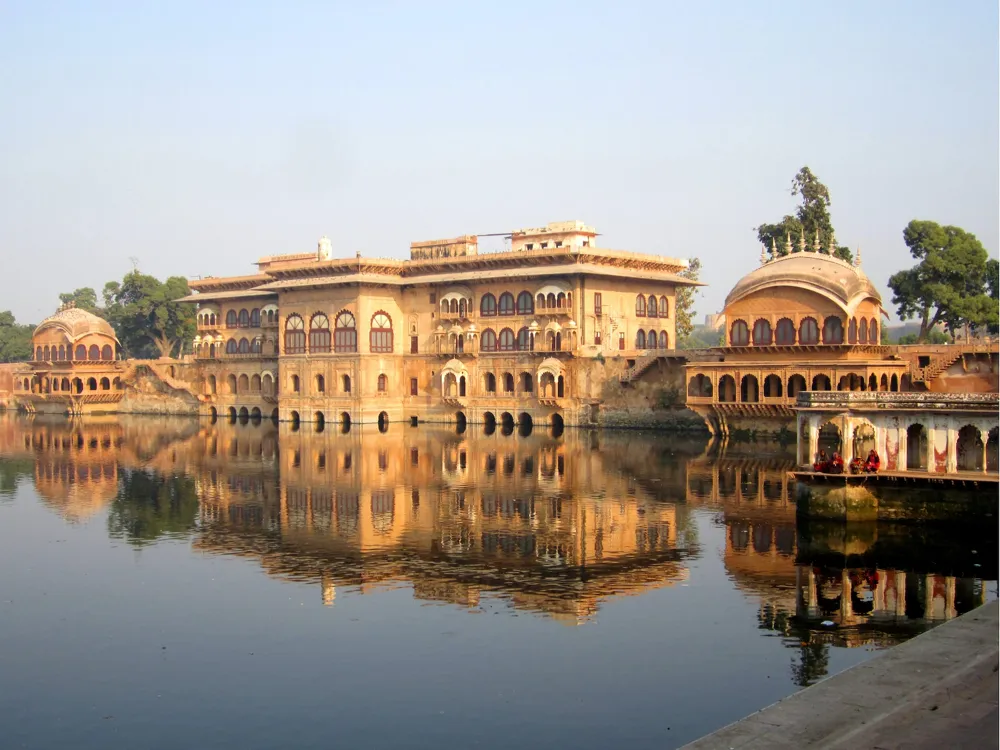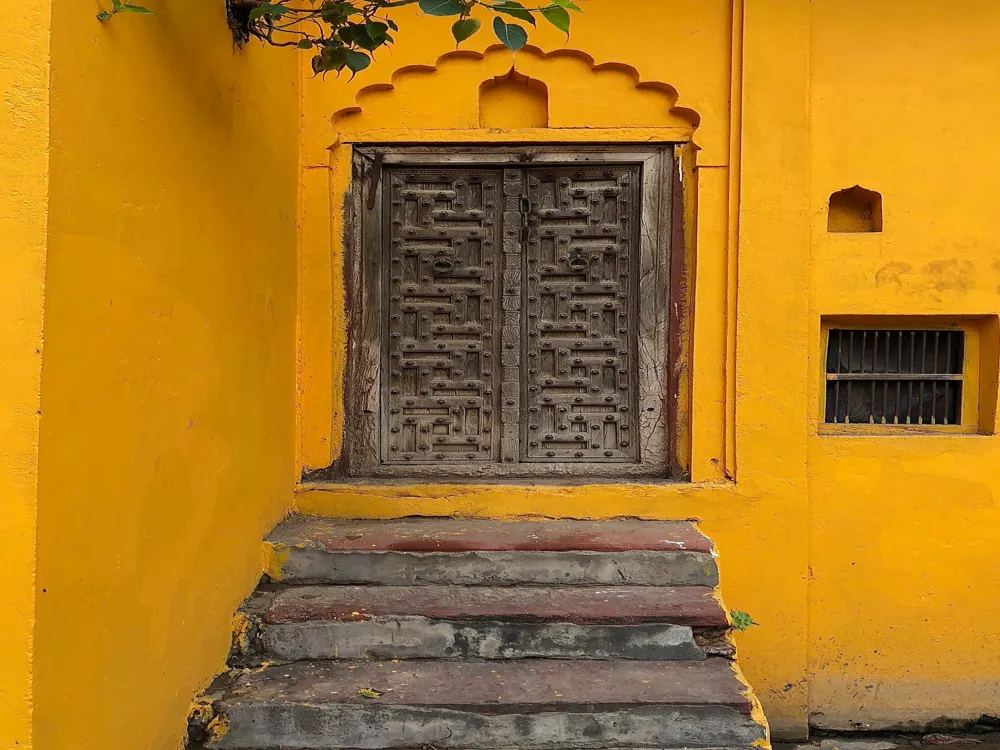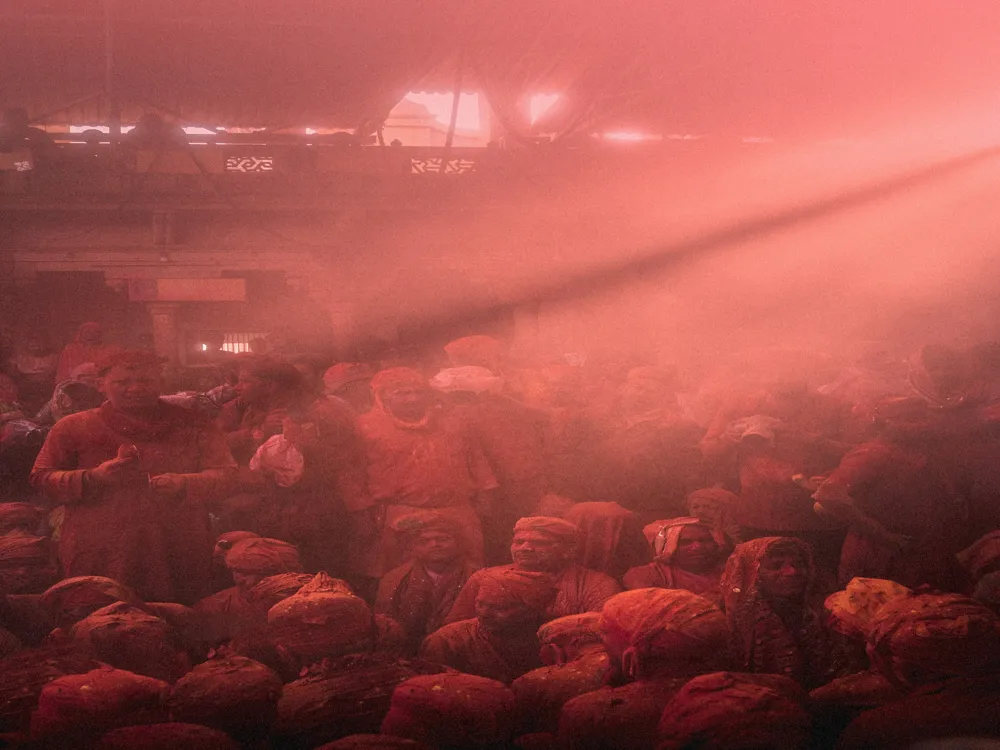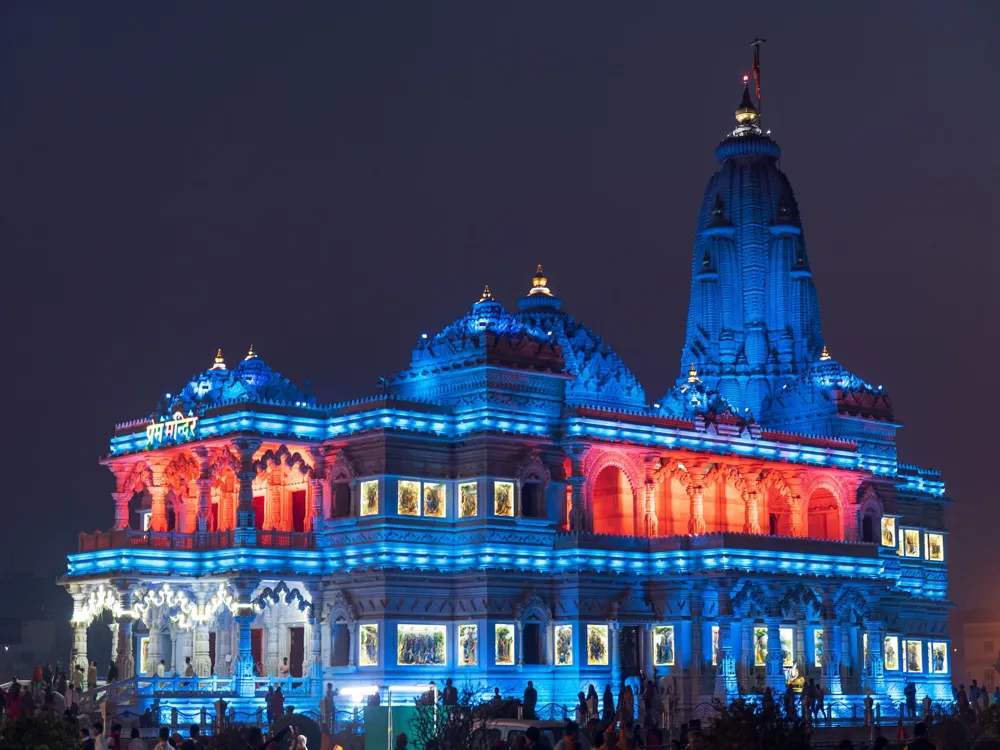Alwar, a captivating city located in the northeastern part of Rajasthan, India, is a place where history and nature converge to create a unique tapestry of culture and beauty. Known for its rich heritage and picturesque landscapes, Alwar is a gem in the crown of Rajasthan's tourism. The city's foundation dates back to 1049 AD, and it has since been a witness to numerous historical events that have shaped its identity. From the rule of the Rajputs to the influence of the Mughals and the British, Alwar's history is as diverse as its culture.
The city's strategic location, nestled between small hills of the Aravalli range, gave it a significant advantage in terms of defense and trade. This positioning also contributes to Alwar's distinct climate, which is a blend of dry and monsoon seasons, creating a landscape that fluctuates between lush greenery and arid beauty. The biodiversity of Alwar is remarkable, with the Sariska Tiger Reserve being a prominent example, showcasing a wide array of flora and fauna, including the majestic Bengal tiger.
Alwar's cultural fabric is a rich blend of traditional Rajasthani elements with influences from various dynasties that ruled it. The festivals, cuisine, music, and dance of Alwar reflect this blend, offering visitors a chance to immerse themselves in a vibrant cultural experience. Alwar is not just a city; it's a journey through time, showcasing the best of nature, history, and culture.
The architecture of Alwar is a testament to the city's historical and cultural significance. It is a fascinating blend of Rajputana, Islamic, and even colonial architectural styles, reflecting the various eras and rulers who left their mark on the city. The grand forts, palaces, and temples of Alwar are not just structures of brick and stone; they are storytellers of the city's glorious past.
The most iconic architectural marvel of Alwar is the Bala Quila, or the Alwar Fort. Perched atop a hill, the fort offers a panoramic view of the city and its surroundings. Built before the rise of the Mughal Empire, the fort has undergone several renovations and expansions, each adding a layer of history and artistry. The fort's massive gates, intricate jharokhas (overhanging balconies), and imposing ramparts are classic examples of Rajput military architecture, while the delicate frescoes and mirrored halls inside reflect Mughal influences.
Another architectural gem is the City Palace or Vinay Vilas Mahal, a harmonious blend of Rajput and Mughal styles. The palace's courtyards, pavilions, and gardens are beautifully designed, showcasing the elegance and grandeur of Rajput royalty. The Sheesh Mahal within the palace, adorned with intricate mirror work, is a splendid example of artistic craftsmanship.
Temples in Alwar, such as the Moosi Maharani Ki Chhatri and the Neelkanth Mahadev Temple, showcase the spiritual and artistic aspects of the city's architecture. These temples, with their exquisite carvings, detailed frescoes, and serene settings, offer a glimpse into the religious life of the Rajput kings and the local populace.
Colonial influence on Alwar's architecture is evident in buildings like the Alwar State Library. These structures blend Indian architectural elements with British colonial style, resulting in unique edifices that enrich Alwar's architectural tapestry.
Alwar's architecture is not just about the grandeur of palaces and forts; it's also seen in the everyday lives of its people. The traditional havelis (mansions), with their courtyards, arches, and jaalis (latticed screens), reflect the lifestyle and social customs of the people. The use of local materials, such as sandstone and marble, in these buildings, adds to their aesthetic and cultural value.
The ideal time to visit Alwar is between October and March, when the weather is pleasant and conducive for exploring the city's attractions. Summers in Alwar can be quite hot, making sightseeing a challenging experience.
When in Alwar, don't miss out on trying local delicacies like Alwar ka Mawa (milk cake) and Dal Baati Churma. The city's cuisine offers a delightful mix of spicy and sweet flavors that are sure to tantalize your taste buds.
Overview of Alwar, Rajasthan
Architecture of Alwar
Tips When Visiting Alwar
Best Time to Visit
Local Cuisine
Accommodation
Bazaza Bazar
Alwar
Rajasthan
NaN onwards
View alwar Packages
Alwar Travel Packages
View All Packages For Alwar
Top Hotel Collections for Alwar

Private Pool

Luxury Hotels

5-Star Hotels

Pet Friendly
Top Hotels Near Alwar
Other Top Ranking Places In Alwar
View All Places To Visit In alwar
View alwar Packages
Alwar Travel Packages
View All Packages For Alwar
Top Hotel Collections for Alwar

Private Pool

Luxury Hotels

5-Star Hotels

Pet Friendly








